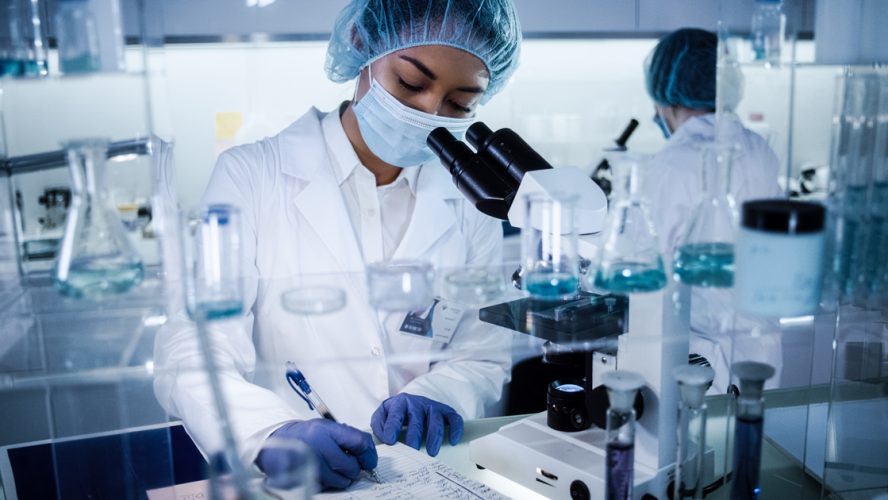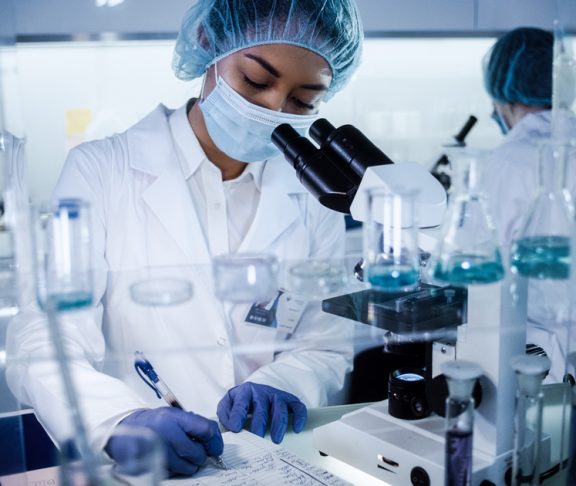Three women — all working in early-stage development and safe manufacturing of novel drugs and therapeutics — correct some popular misconceptions about science industry careers.
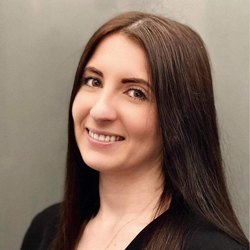
Kirsten Cormack
Technician, Safety Pharmacology
Kirsten returned to Charles River three years ago after time away from the company. Her current role involves compiling and studying data from animal models.
Were you good at science and maths at school?
The subjects I was good at were the hands-on ones, such as product design. But I took biology and chemistry because I’d always wanted to get into the science side of things. After starting my job here, I’ve progressed to being one of the lead technicians. It feels good to know that some of the drugs I’ve worked on are out there helping patients.
What soft skills do you need in your role?
We have to liaise with a lot of people across the company, so good communication is important.
Are there diverse opportunities in your industry?
I don’t have a degree, but I do have the chance to progress if I get one; so, with the help of the company, I’m exploring studying a degree on day release. I could then become an Assistant Scientist or Study Director and I can always move to different departments. There are a range of options.
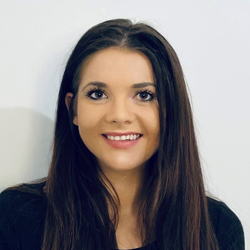
Francesca Drake
Supervisor, Quality Assurance
Francesca has worked at Charles River for five years. As a Quality Assurance Supervisor, she ensures that good laboratory practice (GLP) regulations are followed.
How important is good science teaching in school?
Very important! I had a science teacher who was so inspiring and made studying the subject enjoyable and fun. Before she came along, I don’t think I’d considered a science career. But if you manage to get interested and engaged in a subject it becomes easier, somehow.
Do science careers suffer from unfair stereotyping?
I think so. For instance, I can go a whole month without wearing a lab coat and safety glasses! It’s also very creative. I’m always testing, exploring and looking for new ways to do things.
What’s the best thing about your job?
Towards the end of my degree, I decided that I didn’t want to work in a lab. Quality Assurance interested me because I still get to go into the lab and oversee studies, but I’m mainly office based. The best thing for me is that I get a great overview of the whole process.
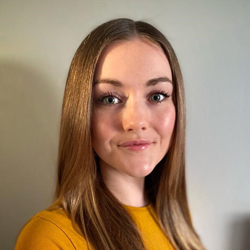
Jessica Knox
Study Director, Chromatographic Bioanalysis
Jessica has worked at Charles River for four-and-a-half years. She is currently part of the Method Development Group in Chromatographic Bioanalysis, and her work is mainly laboratory-based.
Do you have to be good at maths to be a scientist?
I wasn’t! At school, I was more into drama and music, but my guidance teacher told me that for my highers I should consider taking biology and chemistry. That wasn’t where my heart was at the time but, it’s been great for me. It opened my eyes to other opportunities. Of course maths is now a big part of the day job!
What route did you take to your current role?
I studied forensic and analytical science as an undergraduate, but realised I preferred the analytical side, so went on to do a masters in analytical science. I feel I’ve gone down a different path, but it’s made me realise that opportunities are always around the corner. You just have to take them.
What non-academic skills do you need in your role?
I agree with Kirsten: communication is a huge part of the job. As well as organisational skills, because you need to be constantly on the ball and prioritise your time efficiently.
